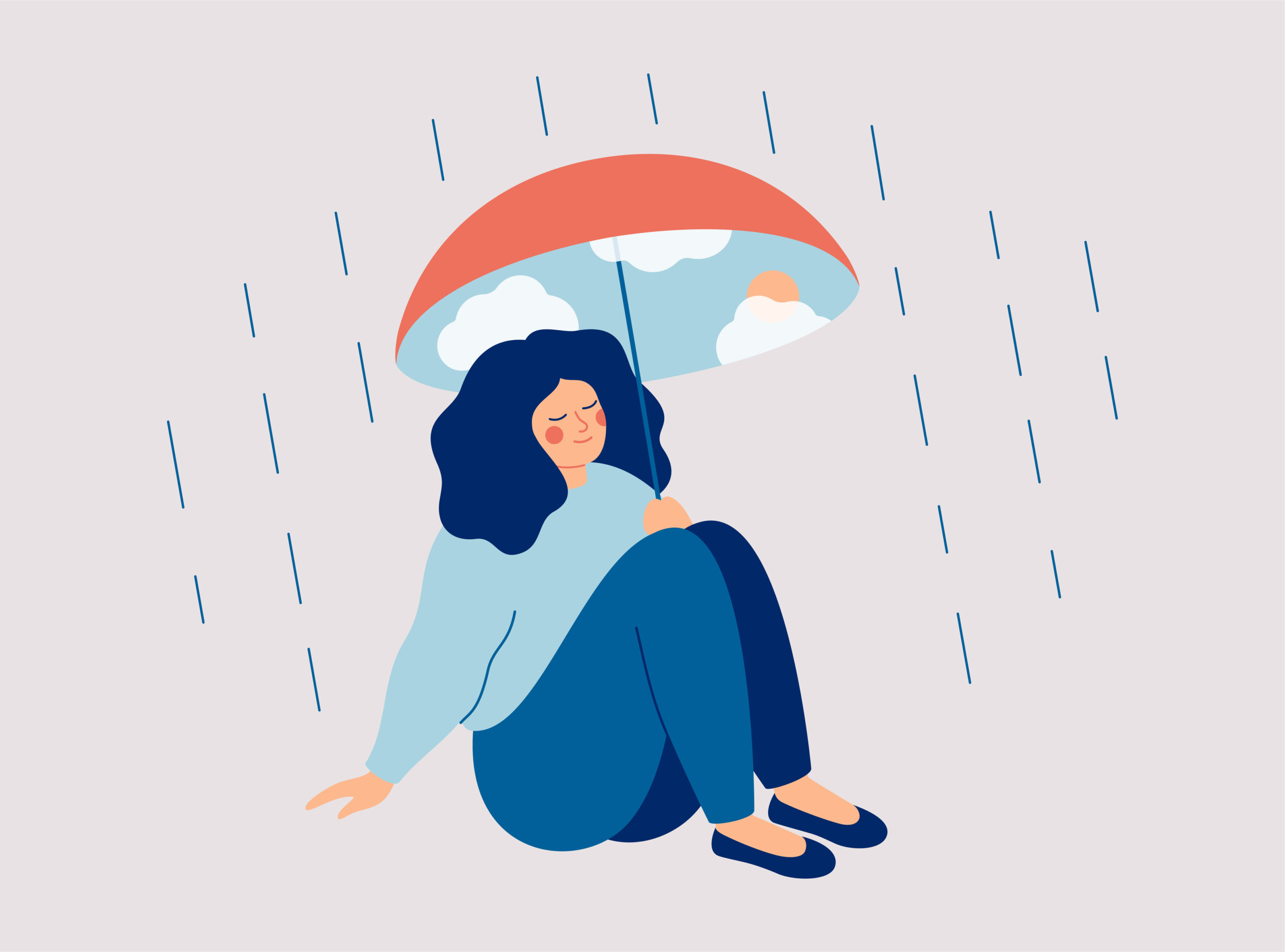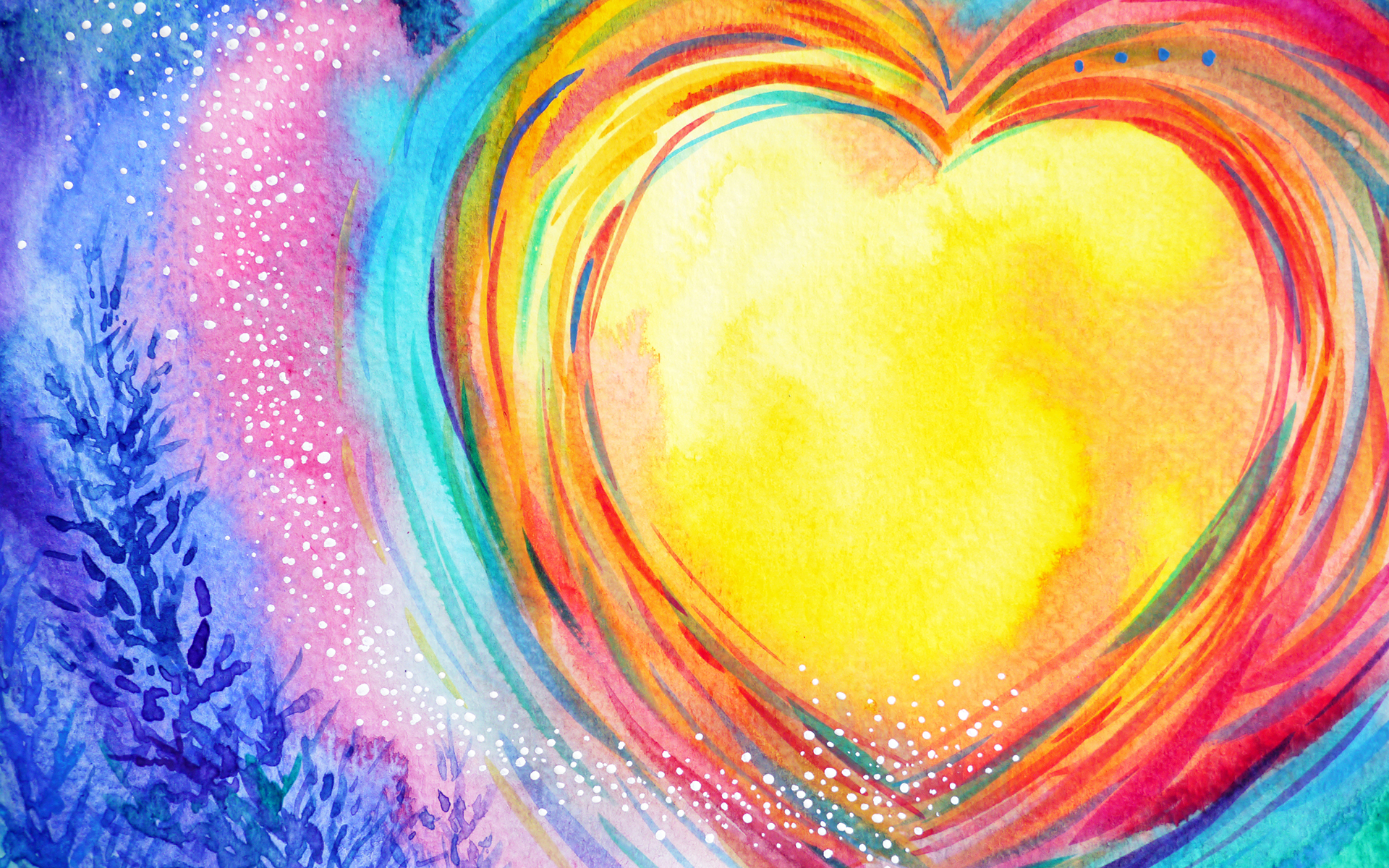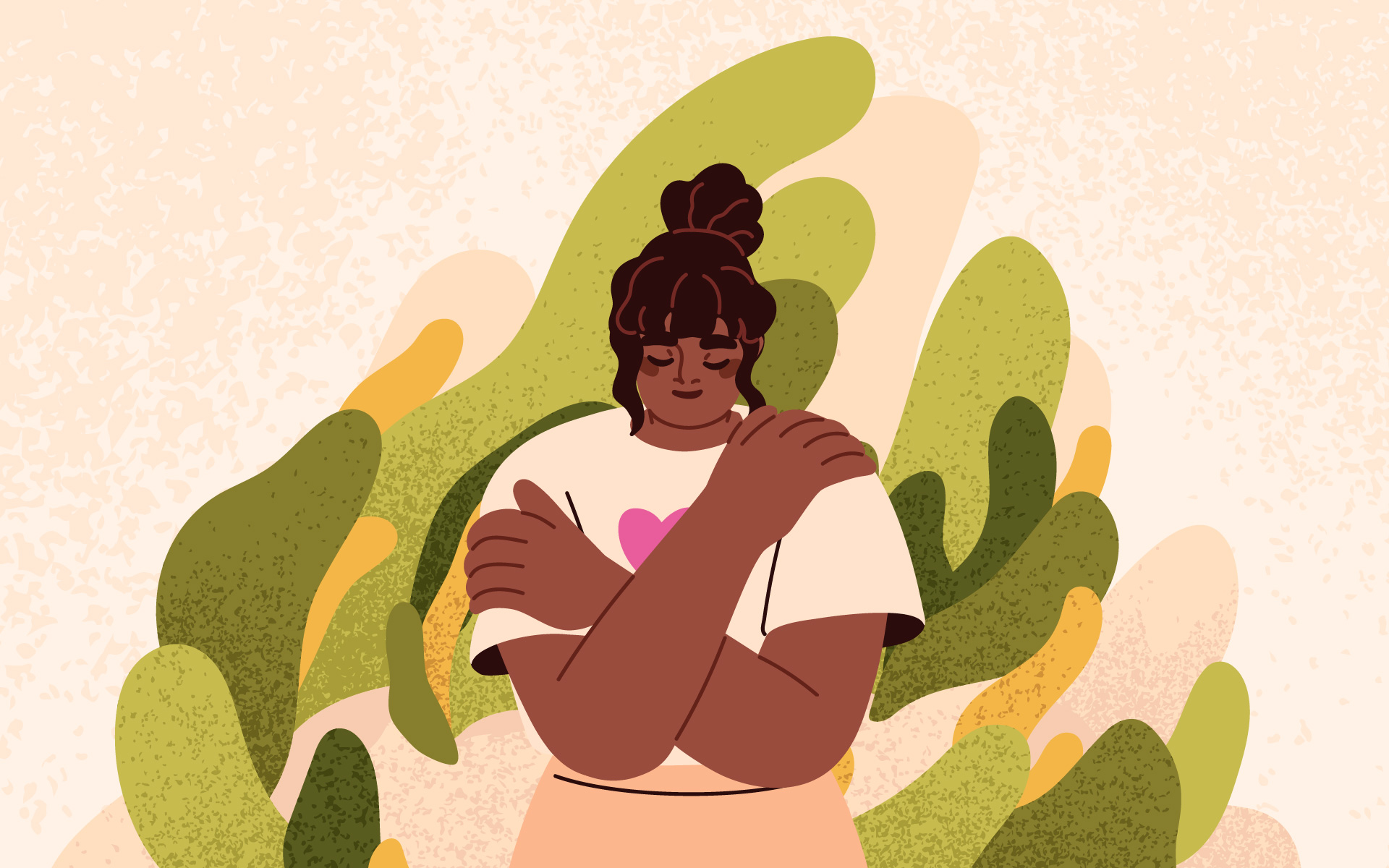Does this sound familiar? You’re exhausted, you can barely get out of bed, you feel unappreciated, unseen, sad. You’re doing everything right: meditating, writing in your gratitude journal, eating well, volunteering. Yet days and nights are still colored by shades of blue. We all want to feel well, but here’s the thing: Traveling in darkness can also be a part of a mindful life. Sometimes, a large part. Most of us will suffer and feel low at some points in our lives. All moods are part of the human experience. At any given time, feeling blue, crushed, fried, or burnt might be on the menu.
When we look to mindfulness to block out unwanted emotions or adverse life experiences, we’re bound to be thoroughly disappointed. Mindfulness can’t keep us from hard times. But choosing to live mindfully can keep us from making a rotten situation worse.
Whether you experience chronic depression, perpetual ennui, or just a feeling that life is a losing battle, you can find ways to soften the situation, even as the burning bogs of despair burn even brighter.
These ways are broadly available to anyone who seeks them. Be your own best friend. Be there for yourself. Treat your low mood with curiosity and gentleness. We take the mindful path when we show up for our own suffering, honor its presence, and find ways to just be there with it.
3 Ways to Be Kind to Yourself When You’re Feeling Blue
- Notice how you are seeing the world, right now. When we feel low, our perspective on life can shift. A painful moment can cause us to see the world as hideous. Why not turn this darkly charged moment into a reminder to tune into beauty? As we look for beauty, we may find many lovely things to soothe and refresh us. The sound of the wind, the satisfying crunch of leaves underfoot, an empty pizza box that dances in the breezy moonlight.
- Choose kindness always. There will never be a situation where being unkind to yourself, others, or the situation that confronts you, is going to make anything better. Ever. You don’t have to like how things are going, but you can soothe the savage breast. See if you can recognize anything that helps you feel OK. Only you know how much it cheers you up to sing along to “I will survive!” Or maybe you’ve noticed that eating a tuna sandwich makes a day a little less gloomy. Or how once you get in the shower, the water feels so good. What’s on your list? In moments when you might not feel utterly terrible, try to notice what gives you some small joy. Feeling low can cause an over-amplification of adverse experience. So notice that you feel overwhelmed and seek to remind yourself that the sky may be falling—or maybe it just feels that way.
- Practice. (It’s what gets you to Carnegie Hall.) For some, meditating regularly can be a way to increase tolerance to the most distressing thoughts and feelings. If we wait until things are at their worst to meditate, focusing on breath might be agonizing. We practice regularly to increase our tolerance to life’s most unbearable moments. We practice to bring greater awareness and compassion to whatever is being experienced: Breathing in, we feel what’s here, we notice that it feels like acid, or knives, or pressure—we don’t ignore what we are feeling. As Dr. Shelley Taylor describes it, we tend and befriend, as best we can.
READ MORE
Try This Self-Guided Meditation Retreat for Rest and Restoration
May this curated retreat offer some relief, to collectively nourish our awareness, so that we have the opportunity to build authentic, trusting relationships, and from there, work together to create a kinder world.
Read More
Are You Surviving or Thriving? Here’s How to Tell
When love feels scarce, we are conditioned to slip into survival mode. Caverly Morgan shares wisdom on how we can create pathways for remembering the heart of who we are.
Read More
Why You Need a Self-Care Plan
Shelly Tygielski offers a three-step exercise to help you get started with your own self-care plan—no bubble bath required.
Read More










